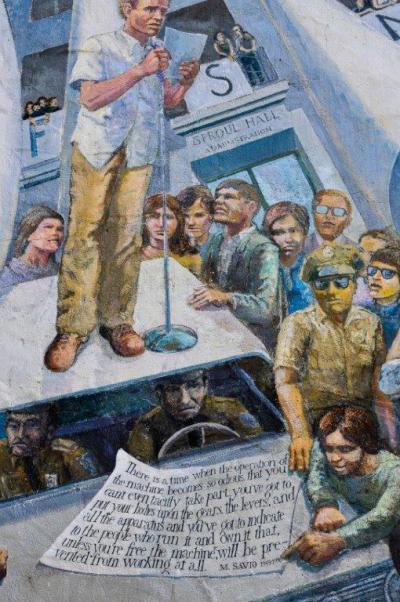
First Edition of the Journal http://www.radicalcommunitywork.org/2015/02/first-edition-of-journal.html
We are very pleased to announce that the first edition of the Radical Community Work Journal in now available online. http://rcwjournal.org/ojs/index.php/radcw/issue/view/1
We welcome articles and reports on practice from practitioners, activist and academics or indeed anyone with an interest in radical community practice.
Main articles
In this edition we have five articles. The first Community Development: political process with radical intent by Jean McEwan-Short. This paper explores how community development can develop effective radical practice within a neoliberal context. The core argument is that effective practice is underpinned by clear and conscious application of values based on a belief in democracy and a striving for social justice. Values are of course a socially constructed entity, and the values you adopt and the resulting practice you deploy are of course ideologically driven. The paper explores how competing analyses of society and community development practice have played out and what we can learn from this.
The second article is Everyday Experience and Community Development Practice by Dave Beck and Rod Purcell. This paper explores the social construction of everyday life, how it is shaped by the conflict between how the spaces we live and work in are controlled and the individualised response to this to try and make life more livable. It goes on to explore a range of methods to understand the everyday experience, and how Freirean practice can help to reflect on daily life to enable a process of change to take place.
Thirdly, Fernando Fernandes and Andrea Rodriguez explore the “lost generation” and the challenges in working with marginalised groups. Learnt lessons from Brazilian Favelas. In this paper the authors focus on the lives of marginalised youngsters in the favelas of Rio de Janeiro. The authors suggest that new practice approaches need to be developed that are based on reflexive prcocesses in which the practitioner challenges their own professional identity, values and interpretation of social reality.
In Opportunities and Challenges of Devolution: Lessons and Warnings from the USA, Canada, and the United Kingdom Wade Rathke explores the ideals and reality of devolution in Scotland and the USA. The author points out that devolution offers the ideal of local control over political power with the potential for positive social change. Reflecting on the experience in the USA Rathke warns us that a range of outcomes from devolution are possible and that successful organising and promoting change can become less, rather than more likely. It is possible that devolution simply shifts power amongst the ruling elite rather than promotes the empowerment of the ordinary citizen.
Finally, Helen Sheil in Education has a critical role in community being the answer outlines a transferable model of community engagement developed from practice in Australia. The paper takes us through how the model was developed, the social and political context in which this took place, and discusses its impact on and benefits for participants
Commentary from practice
In the first article Dharmendra Kumar discusses Street Vendors strive for dignified, safe and secure livelihood in India.The author provides a concise and informative summary of the importance of street vendors for Indian society and their vulnerability in the face of economic development. He outlines the result of successful campaigning including support from ACORN International.
In the second discussion Roz Adams reports on Creating a Compassionate Community of Parents in Gorbals – From Furious to Curious. This article explores a Bridging the Gap project in Glasgow that works to develop nonviolent communication to create quality relationships between people. In doing so it equips participants with the space and skills to build a more productive relationship with their children, and other aspects of their lives.
